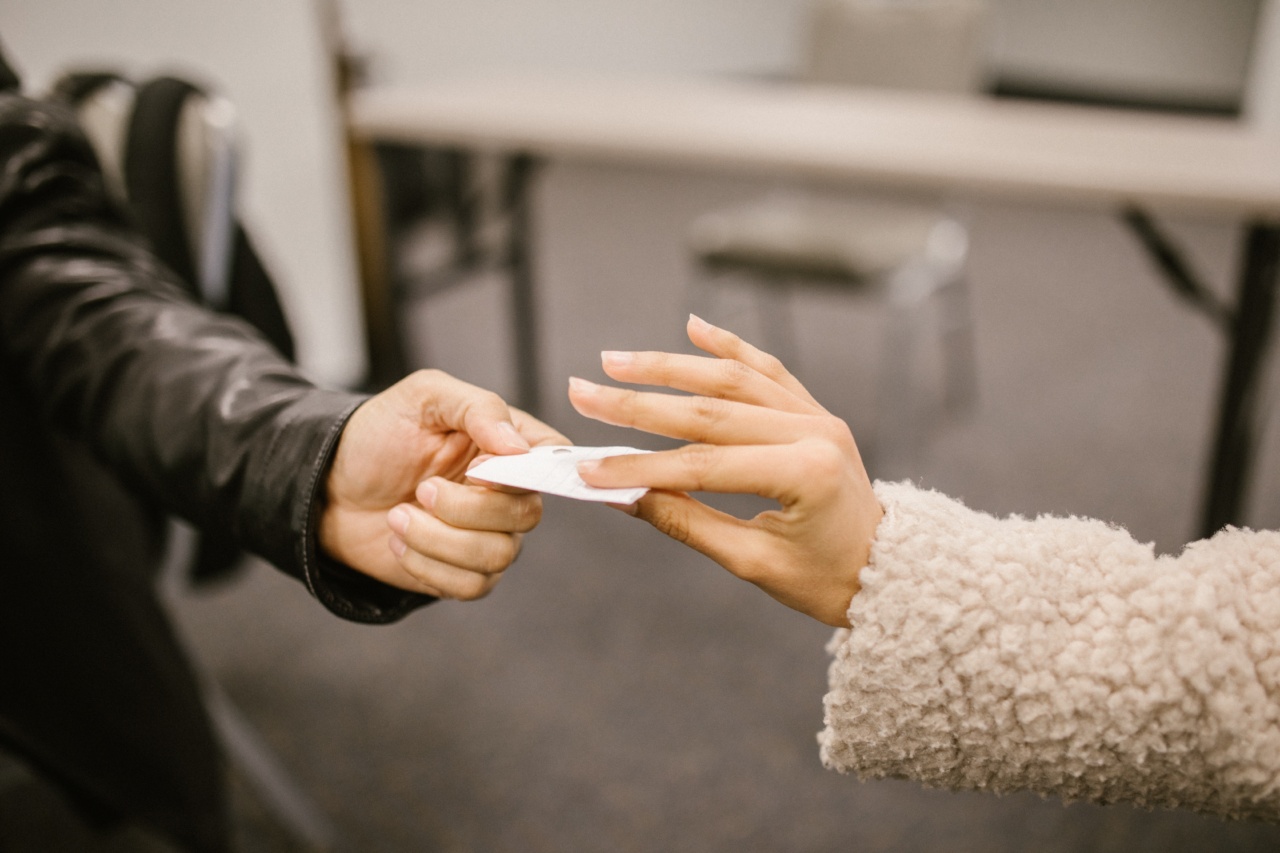Nosebleeds are a common condition that can be caused by a variety of factors such as dry air, allergies, medications, and injury.
Although they are usually not serious, nosebleeds can be uncomfortable and inconvenient, especially if they occur frequently.
What You’re Getting Wrong
There are certain misconceptions about nosebleeds that can lead to further complications. Here are some things you might be getting wrong:.
1. Tilting Your Head Back
Many people think that tilting their head back during a nosebleed will stop it from bleeding. However, this is not recommended as it can cause blood to run down your throat, which can lead to choking or vomiting.
Instead, sit up straight and lean slightly forward, and use your thumb and index finger to pinch your nostrils together.
2. Blowing Your Nose
Blowing your nose forcefully during a nosebleed can aggravate the condition, causing more bleeding. Instead, use a tissue or clean cloth to gently wipe away any blood or mucus around your nose.
3. A Cold Compress
While a cold compress can help reduce swelling and inflammation, it is not recommended for nosebleeds as it can constrict blood vessels and cause more bleeding. Instead, use a warm compress to help soothe and alleviate the bleeding.
4. Waiting Too Long to Seek Medical Attention
If you experience frequent or severe nosebleeds, it is important to seek medical assistance. Your doctor can help diagnose and treat the underlying cause of your nosebleeds, which may include medication or cauterization.
How to Fix It
Here are some ways you can fix your nosebleeds:.
1. Keep Your Nose Moist
Dry air can cause your nasal passageways to become dry and irritated, leading to nosebleeds. To prevent this, use a humidifier in your home, especially during the winter months. You can also use a saline nasal spray or gel to keep your nose moist.
2. Avoid Irritants
Avoid exposing yourself to irritants such as cigarette smoke, chemical fumes, and allergens as they can irritate your nasal passageways and cause nosebleeds.
3. Properly Treat Allergies
If you have allergies, it is important to properly treat them to prevent nosebleeds. This may include taking allergy medication, avoiding triggers, and consulting with an allergist if necessary.
4. Take Precautions During Exercise
Exercise can sometimes cause nosebleeds, especially if you do strenuous or high-impact activities. To prevent this, warm up and cool down properly, stay hydrated, and try wearing a nose clip to help prevent nosebleeds.
5. Seek Medical Attention
If you experience frequent or severe nosebleeds, it is important to seek medical attention. Your doctor can perform a physical exam and run diagnostic tests to help determine the underlying cause of your nosebleeds.
Depending on the cause, you may be prescribed medication or undergo cauterization to treat the condition.































